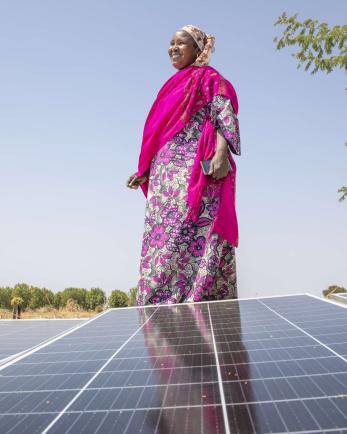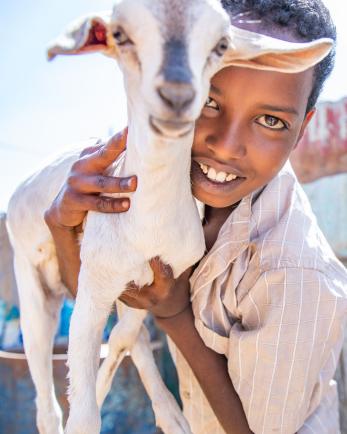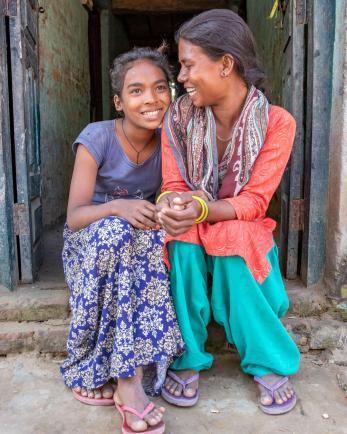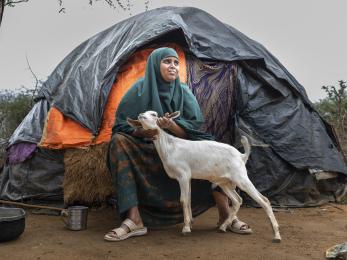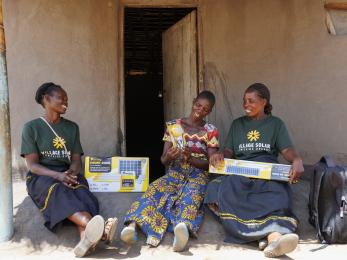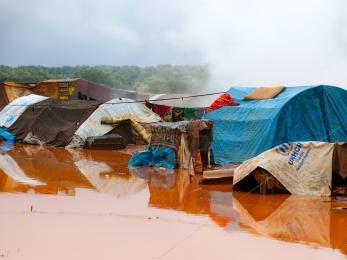Climate: Possible position paper series
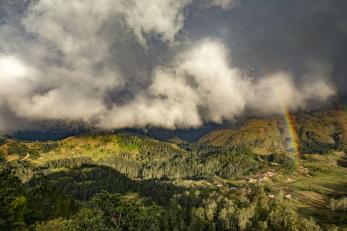
Mercy Corps has worked with local communities for over four decades to meet complex challenges with comprehensive, innovative solutions. From proactive and rapid emergency response to restorative agricultural practices and renewable energy sources, our programming helps people cope with the immediate impacts of climate-related events, adapt to changing conditions, and make a more resilient future possible.
We launched the Climate: Possible campaign because we know what climate resilience looks like and we understand what it takes to get there.
Mercy Corps’ Climate: Possible position paper series articulates proven and high-potential solutions to climate challenges, drawing on Mercy Corps’ extensive experience, evidence, and insights gathered from operating in the most fragile, climate-vulnerable contexts.
Position papers
